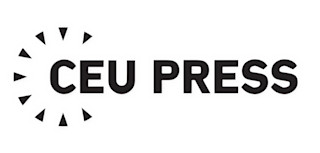Aleksandr Tvardovskii was not only one of the finest, most popular and most important poets of his epoch, but also the editor of Novyi mir, the most prominent Soviet literary journal of the postwar period until the 1970s. This book is a detailed biography of the writer and journal editor who probably changed the literary culture of the Soviet Union more than any other person in the two decades after Stalin's death. Geoffrey Hosking shows how Tvardovskii gradually evolved from being an ardent Stalinist who renounced his own so-called “kulak” family to becoming a convinced advocate of tolerance, an all-human morality, civil rights, and free literary creativity.
By giving a balanced account of his strengths and weaknesses, his achievements and failures, the author succeeds in giving the fullest picture available anywhere of a controversial man who turns out to be more complex than he has been portrayed so far. To understand him better is to understand why the Soviet intelligentsia changed so fundamentally in the USSR’s final decades, a change that helps to explain the rise of Gorbachev twenty years later. The study—which includes an in-depth analysis of Tvardovskii’s major works—also helps to better understand the fate of culture under an authoritarian regime and the intricacies of the struggle against censorship.


